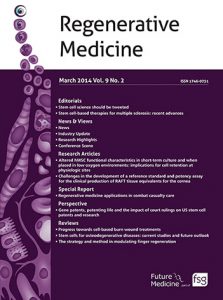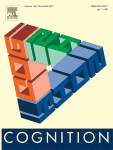 A journal is planning to retract a paper that purported to link a component of vaccines to autism in mice.
A journal is planning to retract a paper that purported to link a component of vaccines to autism in mice.
The paper, about the effects of aluminum adjuvants in vaccines on the immune response in the brains of mice, is the second retraction for co-authors Christopher Shaw and Lucija Tomljenovic, of the University of British Columbia. The journal’s editor told us he and the authors are jointly retracting the paper.
Just over a month old, the paper has already received plenty of criticism. Numerous commenters on PubPeer have allegedly identified image duplications and other problems with the paper. One commenter described “clear and deliberate” removal of control results in the paper, while others suggested gel bands were duplicated within the paper, and appear similar to those from another paper published in 2014 by Shaw and Tomljenovic. In a blog post, David Gorski, a professor and surgeon at Wayne State University, called the paper “antivaccine pseudoscience.”
Shaw, the paper’s last author, told us that his lab became aware of the PubPeer discussion a few weeks after publication: Continue reading Journal to retract paper called “anti-vaccine pseudoscience”

 The week at Retraction Watch featured
The week at Retraction Watch featured 



 Nature
Nature A social psychologist has retracted a second paper that contains “fabricated or manipulated data.”
A social psychologist has retracted a second paper that contains “fabricated or manipulated data.”
